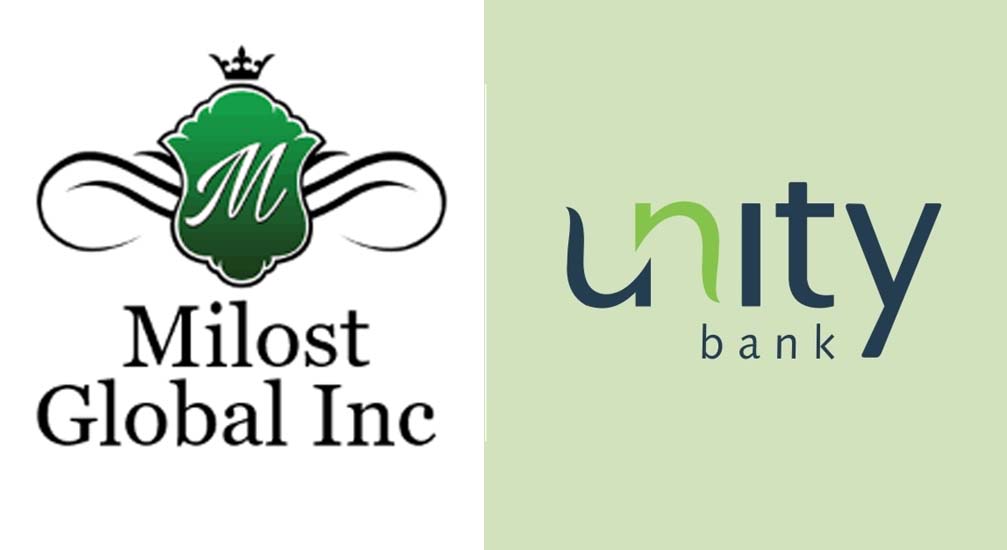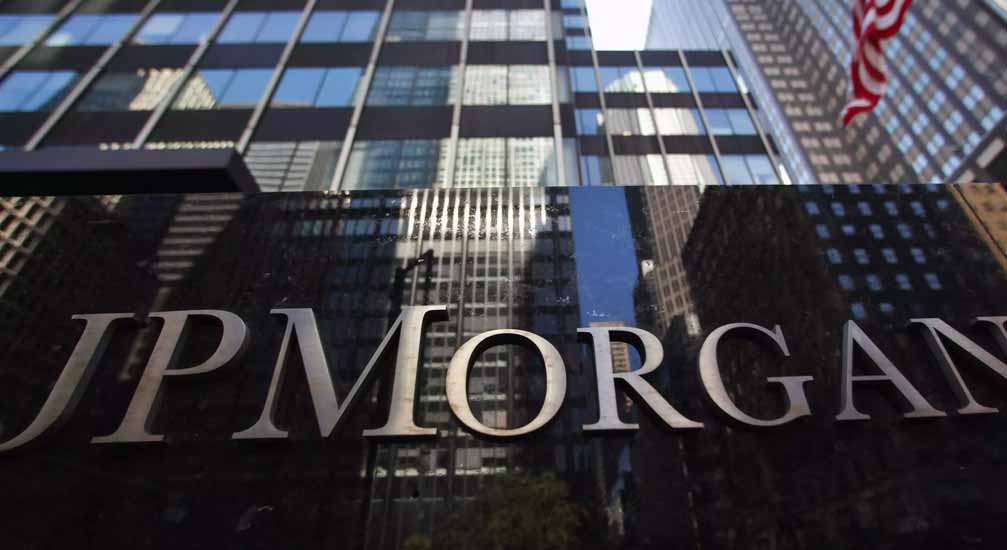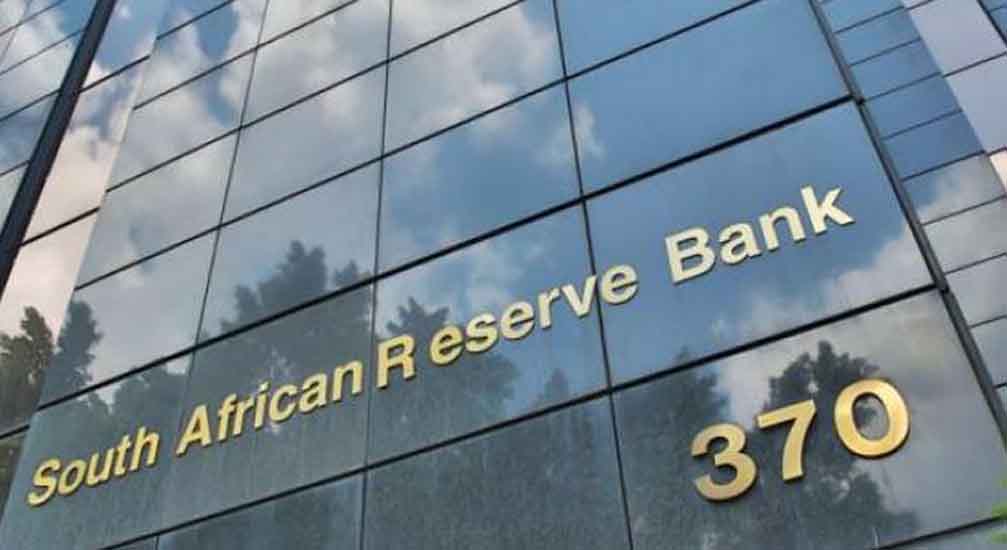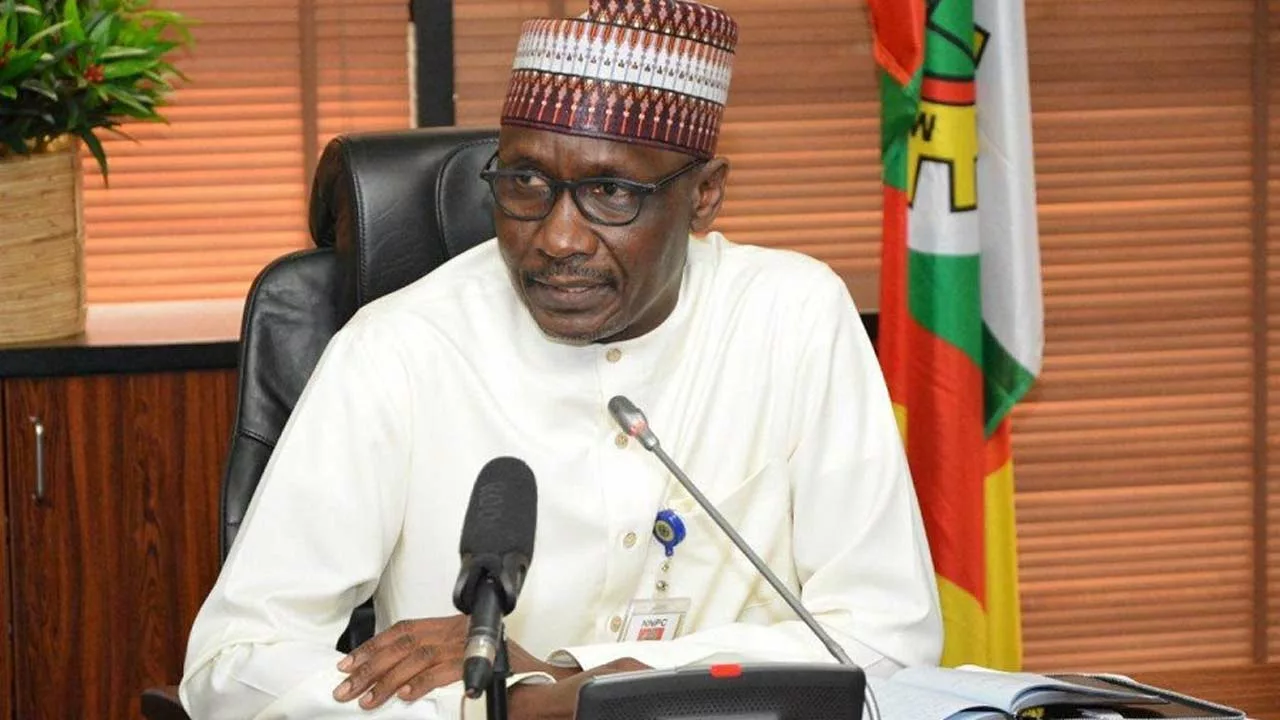The National Pension Commission (PenCom) said it has issued compliance certificate to about 4000 registered firms making them eligible to bid for Federal Government contracts across the country.
The Head, Research and Corporate Strategy Department, PenCom, Dr. Amino Farouk stated this on Wednesday in an interview with News Agency of Nigeria in Lagos. He disclosed that as at March 23, about 353 firms had complied with the requirements as stipulated in the Pension Reform Act (PRA) 2014, and were subsequently cleared to secure Federal Government’s contracts.
“The 353 companies pushed the total sum of the companies the commission issued compliance certificates since PenCom’s inception to over 4000.
World Bank To Construct 500 kms Of Roads In Kano
The World Bank on Tuesday said it has reached an advanced stage to construct road networks of about 500 kilometres across the 44 local government areas of Kano state under Rural Access and Agricultural Marketing Project (RAAMP).
According to Dailytrust, the Commissioner for Rural and Community Development, Alhaji Musa Iliyasu Kwankwaso made the disclosure during an inspection tour by Governor Abdullahi Umar Ganduje to some local government areas. He hinted that the global bank would soon sign a Memorandum of Understanding (MoU) with the Kano state government to commence work.
Oba Of Benin Pledges To Pay Libya Returnees Salaries
The Oba of Benin, Oba Ewuare II, said his palace has placed each returnee from Libya on three months salaries to enable them address their pressing needs and reintegrate themselves into the society. The Oba of Benin disclosed this in a statement signed by his Chief Press Secretary, Mr Desmond Agbama and made available to the News Agency of Nigeria (NAN) on Thursday.
How Failed Unity Bank Deal Sends Wrong Signal To Investors
It looked like a done deal between a Nigerian bank in need of funding and a U.S. private-equity firm keen to stump up the cash. But even after contracts were signed it fell apart, showing how tough the African nation can be for investors.
Milost Global Inc. said it penned an agreement in November to provide $1 billion of financing that would’ve given it 60 percent of Unity Bank Plc. Milost has now backed off, citing an unidentified “politically connected” shareholder who threatened the investor’s Nigerian interests if it
pursues the deal. The Lagos-based lender has denied that the documents were binding and said it had nothing to do with the threats.
Concern Over Low Ship Traffic At Nigerian Seaports
The recent figures that revealed the downward trend of the ship traffic at Nigerian seaports are a further revelation of the huge challenges that have bedevilled operations at Nigerian seaports according to Guardian newspaper.
Indeed, the stakeholders in the maritime sector have bemoaned the huge infrastructure deficit, poor government policies and high cost of doing business at the ports.
The President of National Council of Managing Directors of Customs Licensed Agents, (NCMDCLA), Lucky Amiwero, in a chat with The Guardian, said figures in the recent report by Nigerian Bureau of Statistics (NBS) are not surprising going by the current situation at seaports across the country.
Financial Inclusion: Banks Target 60m New Customers By 2021
Deposit money banks in the country, with the support of the Central Bank of Nigeria (CBN) as well as licensed mobile money operators and agents have agreed to partner and fund the expansion of a shared agent network to deepen financial inclusion in Nigeria.
According to the banks, the CBN and the banks would over the next few months also roll out new initiatives, products and services to accelerate the financial inclusion process and bring onboard 60 million additional Nigerians in the next three years at an average of 20 million yearly.
The plan would also seek to enroll 40 million Nigerians for BVN with a renewed focus on driving low-cost digital access, broadening financial literacy campaigns, and creating microloans, micro-insurance, and micro investment products for the benefits of excluded, underserved and low-income Nigerians.
The body of bank CEOs, including those of Access Bank, Guaranty Trust Bank, Zenith, FirstBank, Standard Chartered, Union Bank and Diamond Bank among others, which disclosed this in Lagos, explained that the banks are coming together with mobile money operators and the CBN to galvanise growth in the economy through improved and expanded financial services and that profit consideration is not top on the agenda, but overall growth of the economy, which would, in the long run, promote earnings in the industry.
US Shale Pumping Could Drag Oil Prices Down To $50 - JP Morgan
Efficiency improvements from the world's largest oil-producing firms and countries, alongside the rise of U.S. shale, will see prices slide back to near $50 a barrel, according to research at investment bank J.P. Morgan.
Christian Malek, the head of EMEA oil and gas equity research at J.P. Morgan, said that the "breakeven" price — where they just about manage to cover their costs — for OPEC nations and major energy companies would drift back towards $50 a barrel by the end of next year. He explained this current price was in the mid-$60 a barrel price range, including for nations like Saudi Arabia, Iraq and Kuwait.
Geopolitical Uncertainties Pushes Oil Prices Toward $70
Oil prices continued their upward momentum on Friday, following a week of geopolitical uncertainty and bullish industry news.
Oil prices closed out the first quarter on a high note, with Brent hovering around $70 and WTI at $65. Rising geopolitical concerns – declines in Venezuela and fears that the U.S. will step up confrontation with Iran – are elevating crude prices.
There have been rumors for some time that OPEC and Russia are looking at ways of institutionalizing their cooperation beyond the current production cut agreement, which may or may not expire at the end of this year.
Amazon Shares Tumbles As Trump Threatens To Go After The E-Commerce Giant
Amazon shares fell 4.6 percent Wednesday after Axios reported that Trump wants to "go after" the e-commerce giant, wiping out more than $33 billion in shareholder value.
Trump has blasted Amazon on social media in the past, saying the e-commerce company is hurting the retail industry and causing U.S. job losses.
"Amazon is doing great damage to tax paying retailers. Towns, cities and states throughout the U.S. are being hurt - many jobs being lost!," he posted on Twitter in August.
Tightening Regulations Drags Price Of Crypto-Currencies Down
The month of February and March has not been a handsome one for the cryptocurrency world, with series of biffs troubles plaguing the value of the altcoins.
The turbulence in February was said to have come from various angles, with the pokes being attached to causes like, regulation, ban, heist, and more, leaving investors with lesser tranquility on the potency of cryptocurrencies, and all that could be done which they regarded as the needful is to monitor the crypto market with the hope of getting newsflash like an appealing increment in the value of altcoin which will eventually put them amused and keep their mind at bay.
A recent survey done amongst 1000 Americans has proved that majority of the crypto enthusiast are the millennials. The survey disclosed that 9.19% of Millennials (18-34) would invest their $10,000 in cryptocurrencies, 4.04% of Generation Xers (35-54) while only 3.08% of Baby Boomers (55+) would invest their $10, 000.
South Africa Central Bank Sets Rate At 6.5%
The South African Reserve Bank’s move to cut its benchmark lending rate to a two-year low may be the last loosening of monetary policy for a while.
The central bank’s Monetary Policy Committee voted to trim the repurchase rate by 25 basis points to 6.5 percent, Governor Lesetja Kganyago told reporters Wednesday in the capital, Pretoria.






























